An itch here, a scratch there—and hypoallergenic dog food quickly becomes a topic of conversation. Unfortunately, there are a growing number of dogs with allergies, often caused by conventional food. Allergic reactions can be just as unpleasant for our dogs as they are for us humans, which is why more and more dog owners are coming across the term " hypoallergenic dog food ." But what exactly does this mean, what brands are available, and what should I look for when buying? And why could insect dog food be the answer to many allergy problems?
|
About the author
Contents
What does hypoallergenic dog food mean?
The term "hypoallergenic" is composed of two parts: "hypo," which comes from the Greek and means "under" or "less than," and "allergen," which refers to substances that can trigger an allergic reaction. In a nutritional context, "hypoallergenic" therefore means that the dog food is less likely to trigger allergies .
It is important to emphasize that " hypoallergenic " does not mean that it is completely allergy-free. It simply means that the risk of allergic reactions is minimized. Every dog is an individual, and what works well for one may cause problems for another. Therefore, it is always advisable to When switching to a new dog food, be careful and observe the dog's reaction carefully.
Features of hypoallergenic dog food
But what makes dog food hypoallergenic? Two characteristics stand out: ingredient transparency and ingredient selection .

Essentially, this is food that avoids ingredients that commonly trigger allergies or intolerances in dogs. These include dietary proteins such as beef and soy protein, as well as cow's milk, wheat, and corn. Hypoallergenic dog food instead relies on alternative protein sources, such as insects.
Another feature of hypoallergenic dog food is the transparent labeling of individual ingredients . A clear, unobscured ingredient list reduces the risk of accidentally including allergenic ingredients in the food. Transparent labeling makes it easy for owners to identify the specific triggers of their dogs' allergies and avoid them accordingly.
Benefits of hypoallergenic dog food
These two features also lead to the main advantages of hypoallergenic dog food. If you have a dog that is prone to allergies or food intolerances, hypoallergenic dog food can be a real relief. Firstly, it minimizes the risk of allergic reactions by eliminating common allergy triggers. This can often reduce and manage skin problems, digestive upsets, or other allergic symptoms in your four-legged friend. Another advantage is the open ingredient list . This makes it easier for you to understand exactly what you are feeding your dog and simplifies the process of identifying potential allergy triggers. Since many hypoallergenic foods also avoid artificial additives and fillers, you are often giving your dog a more natural and healthier meal.
Disadvantages of hypoallergenic dog food
While hypoallergenic dog food offers many benefits, there are also some drawbacks to consider. First, it can be more expensive than conventional dog food. The allergen-free ingredients and manufacturing processes can drive up the price.
Second, "hypoallergenic" doesn't necessarily mean "allergy-free." It's possible your dog might still react to one of the ingredients, even if the risk is minimized. Therefore, it's important to carefully monitor your dog's reaction when introducing a new food. Furthermore, finding a hypoallergenic food that meets all of your dog's individual nutritional needs can be challenging, especially if they have special dietary requirements.
Who is hypoallergenic dog food suitable for?
Hypoallergenic dog foods are specially formulated nutritional products designed to minimize the risk of allergic reactions in dogs. But which dogs are they particularly suitable for?
-
Dogs with food allergies or intolerances: This is the most obvious group. If your dog is allergic to certain proteins or other ingredients in conventional food, a hypoallergenic food can help prevent these allergic reactions.
-
Dogs with skin problems: Frequent scratching, dry skin, hair loss, oozing patches, or other skin problems can be signs of a food allergy. In such cases, switching to a hypoallergenic food can provide relief.
-
Dogs with chronic gastrointestinal problems: Symptoms such as frequent diarrhea, vomiting, or flatulence can also indicate a food intolerance. Hypoallergenic food can offer a good alternative.
-
Dogs in the elimination phase: If you're trying to determine which ingredients your dog is allergic to, a hypoallergenic food with a limited number of ingredients can be helpful. During this phase, your dog is placed on a simple diet, and then other ingredients are gradually reintroduced to identify allergy triggers.
-
Dogs with recurrent ear infections : Sometimes ear problems are a sign of a food allergy. Switching to a hypoallergenic food can, in some cases, reduce the frequency and severity of the infections.
- Preventive measure for sensitive dogs: Even if your dog doesn't show obvious signs of a food allergy, you may still want to consider a hypoallergenic food if he is generally sensitive or prone to allergies.

Main causes of allergy in dogs
In dogs, various protein sources can trigger food allergies or intolerances. It's important to remember that every dog is unique, and what causes an allergic reaction in one dog may not necessarily cause the same reaction in another. However, there are some protein sources that cause allergic reactions more frequently than others. Here are some of the most common allergy triggers in dogs:
Beef : It is one of the most common sources of protein in dog food, and also one of the most common causes of food allergies in dogs. Dairy : Some dogs cannot tolerate lactose or other ingredients in dairy products. Eggs : While they are an excellent source of protein, they can cause allergic reactions in some dogs. Wheat : Wheat proteins can cause allergic reactions in some dogs. This has contributed to the popularity of grain-free dog food. Soy : Another plant-based protein source that can potentially cause allergens. Corn : Many dog foods use corn as a main ingredient. Unfortunately, corn is a common allergy trigger.
How to tell if your dog has a food allergy
A food allergy or intolerance can be worrying, especially when the symptoms are difficult to detect. Therefore, we've listed the most common signs of a dog allergy and some tips on how to determine if your dog is affected by a food allergy:
-
Itching and skin problems: This is often the most noticeable sign. Your dog may scratch certain areas more frequently, especially around the ears, paws, or belly. The skin may be red, inflamed, or even oozing.
-
Changes in the coat: Dry, dull coat or increased hair loss can also be signs of an allergy.
-
Ear infections : Frequent or recurring ear infections may be caused by food allergies, especially if no other cause is found.
-
Gastrointestinal problems: Diarrhea, vomiting, or flatulence can also be caused by a food allergy or intolerance.
- Changed behavior: A dog suffering from itching or stomach pain may be restless, play less, or even become more aggressive.
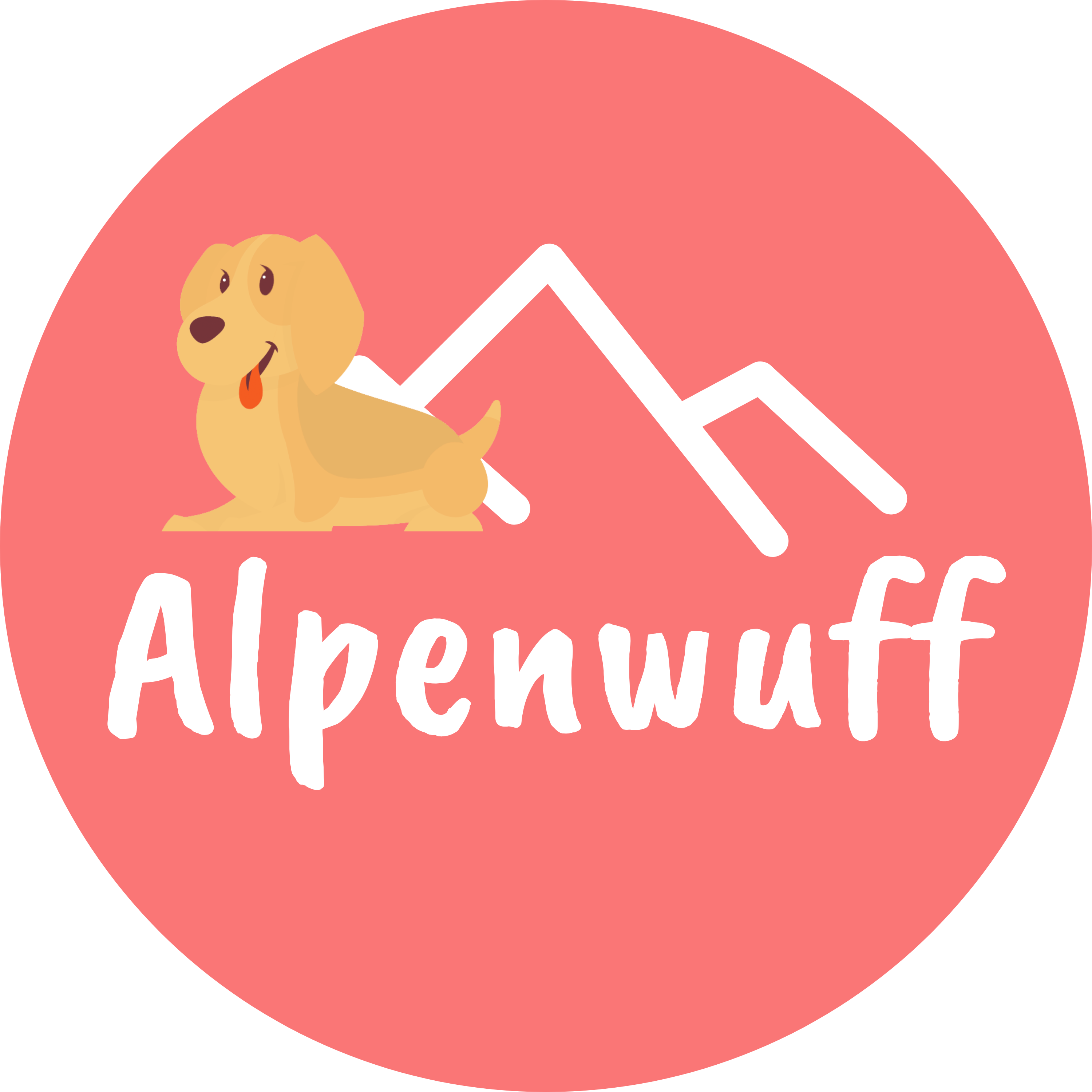
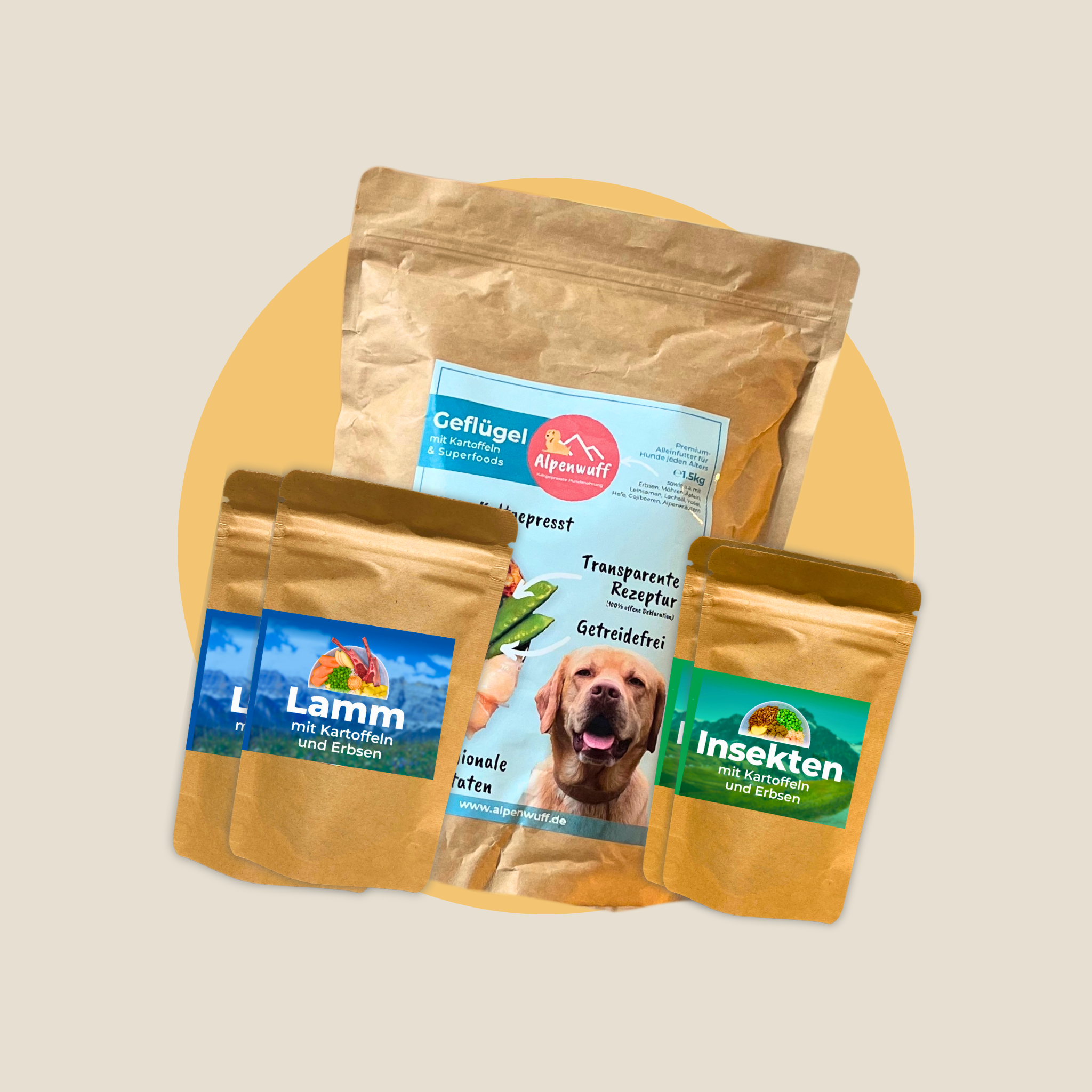
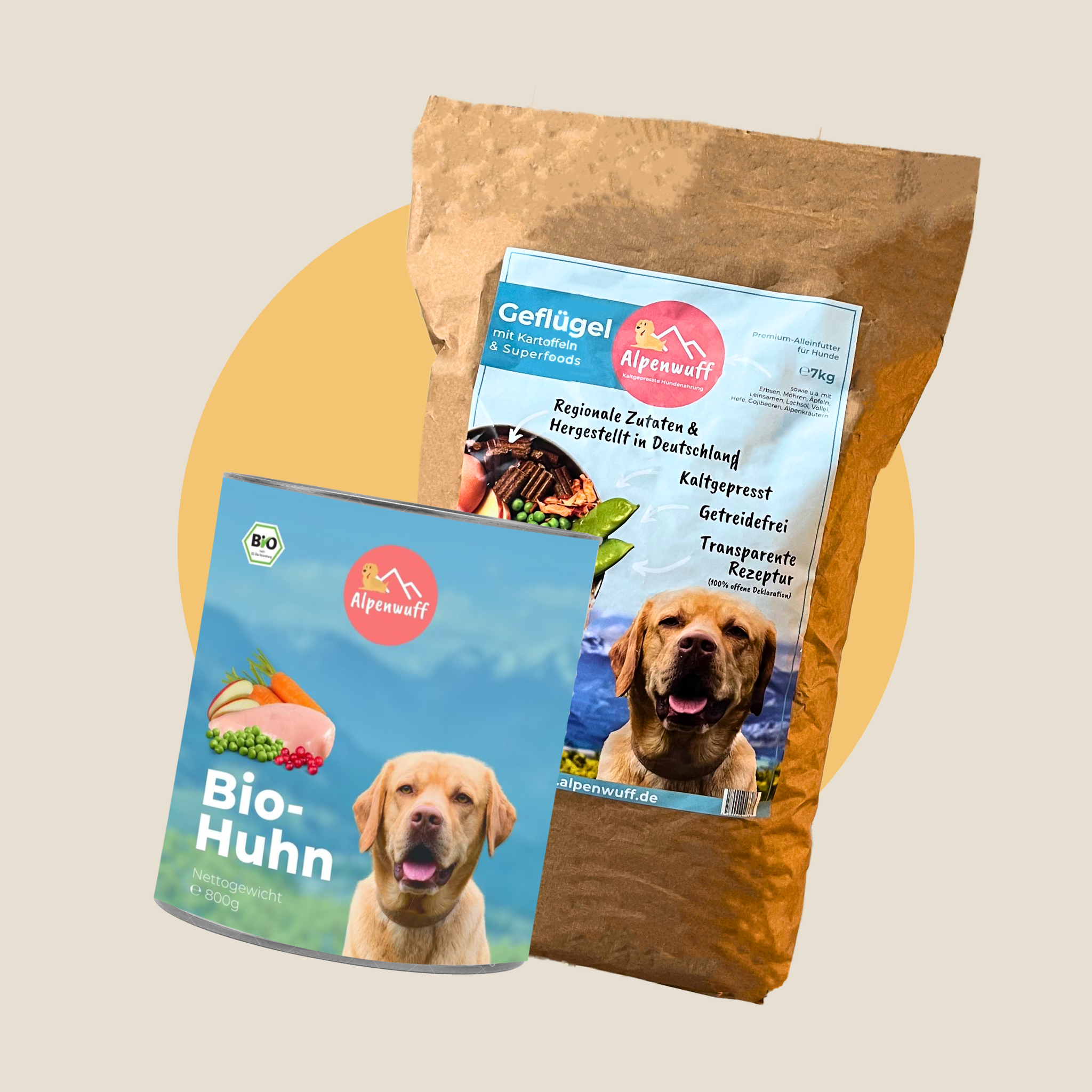
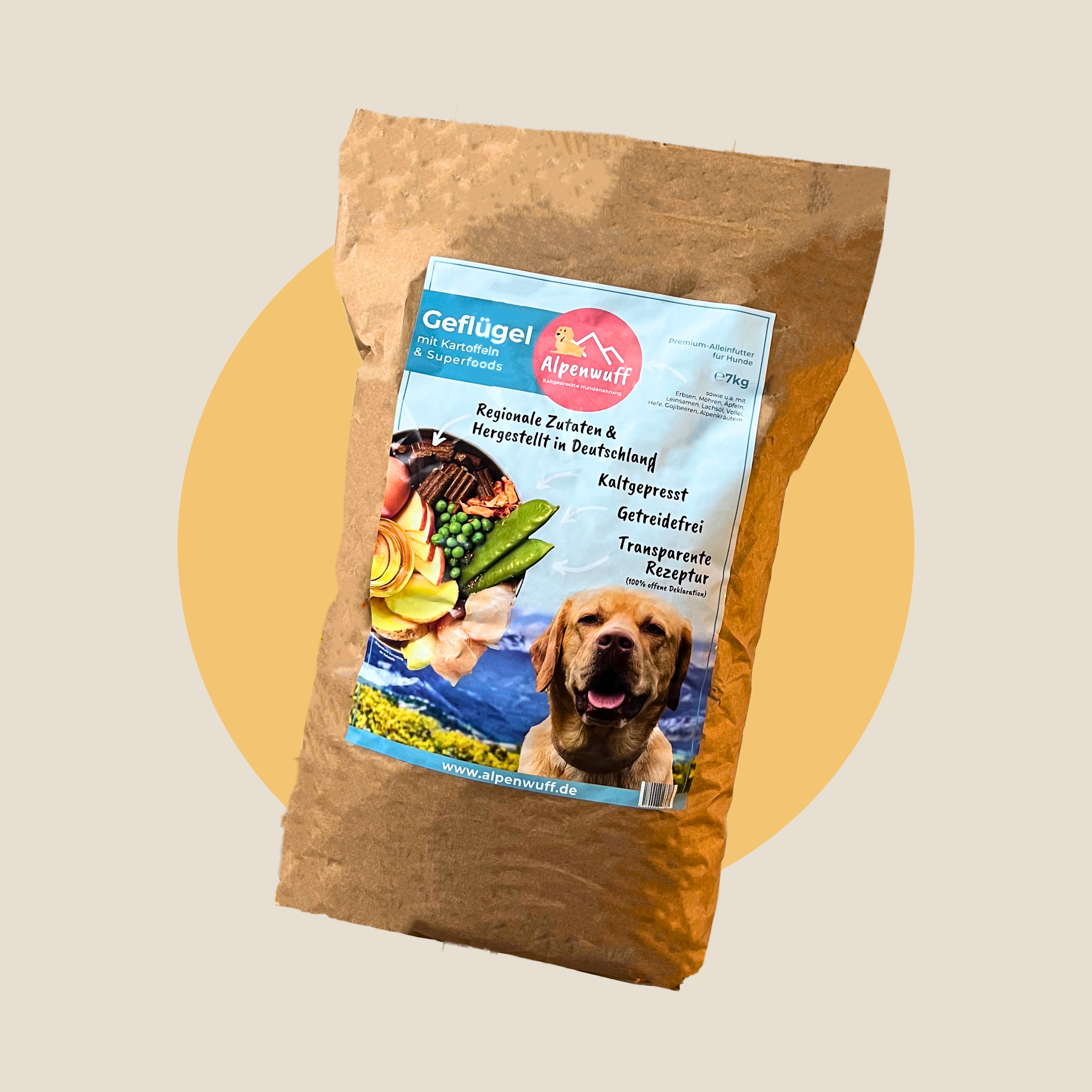
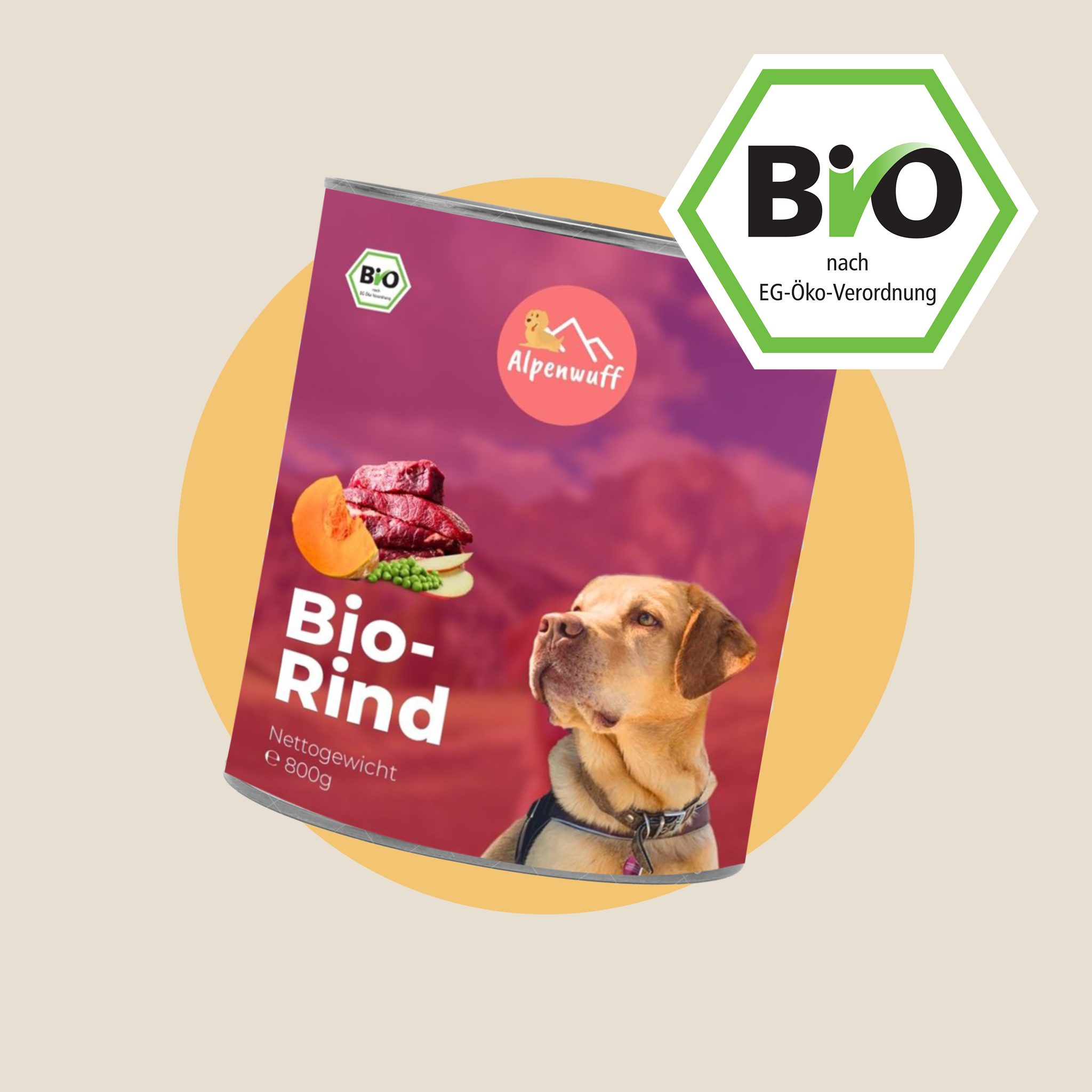
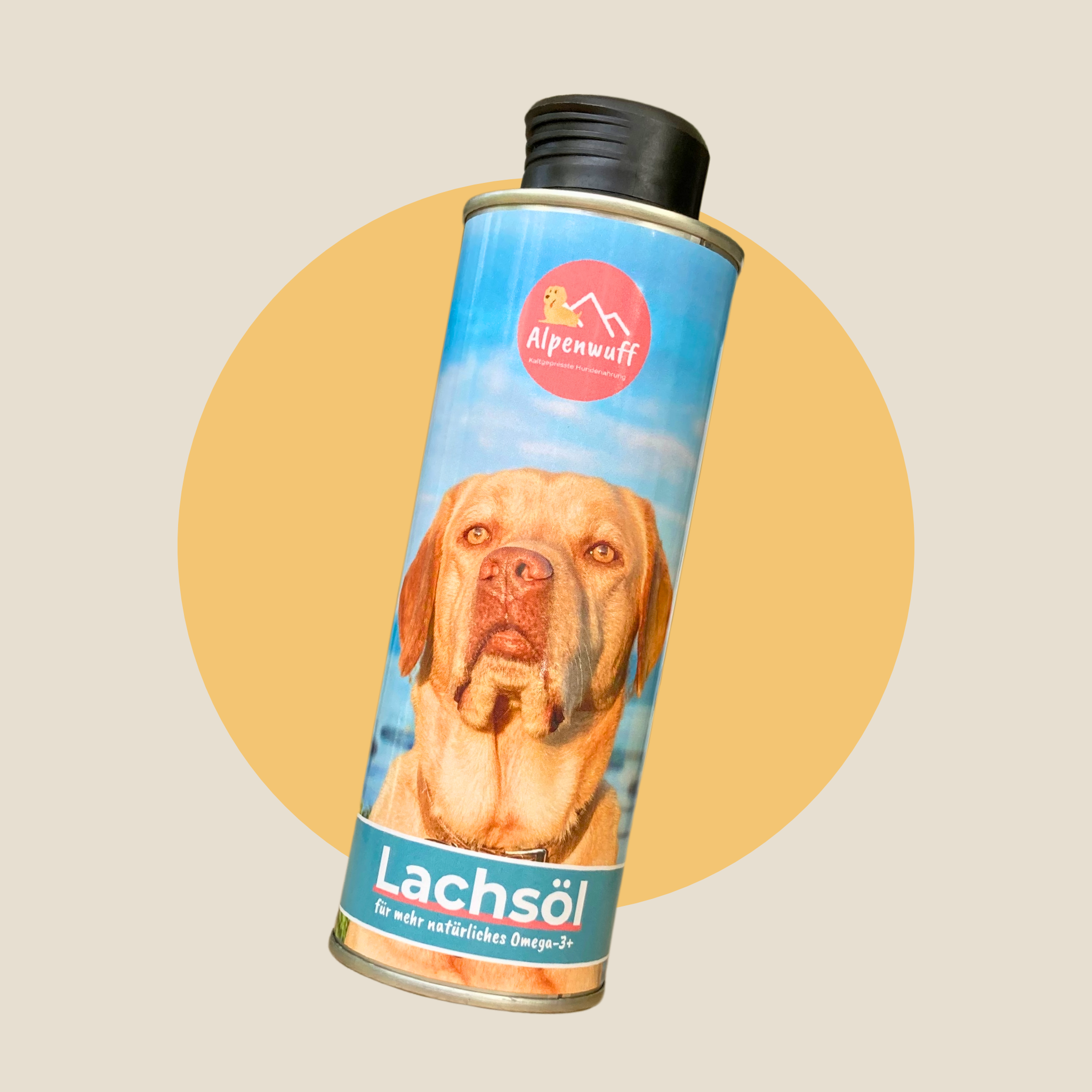
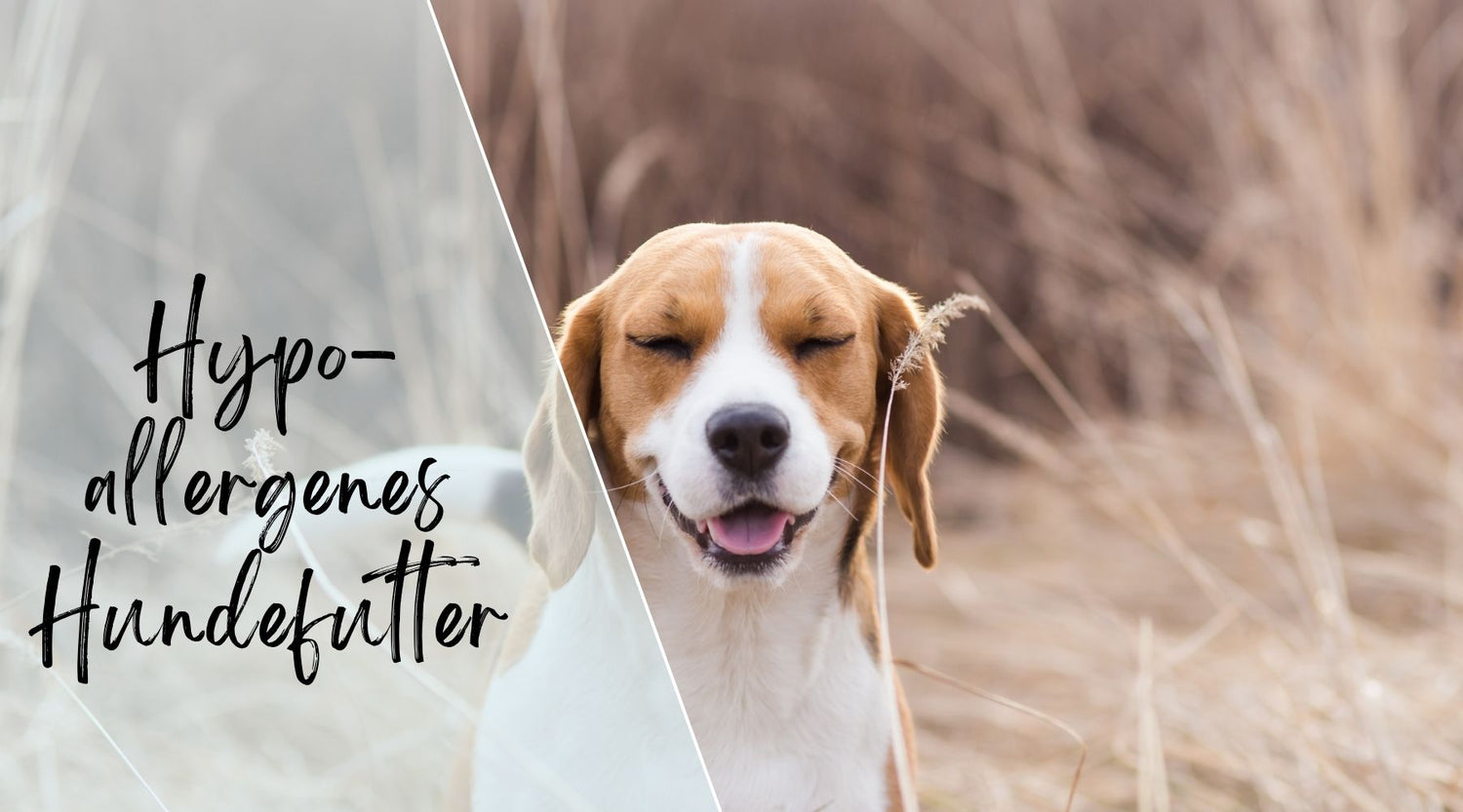


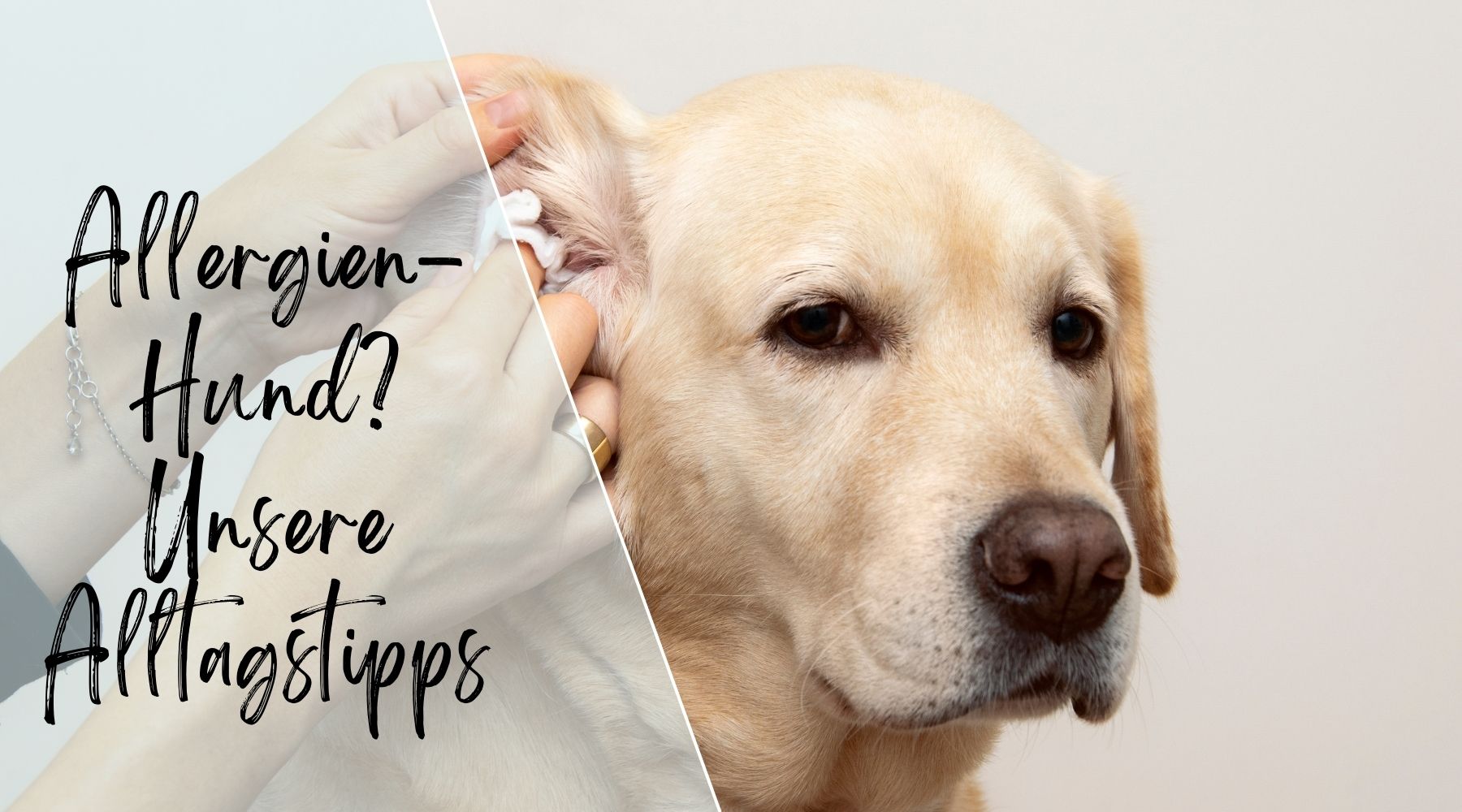
Leave a comment
All comments are moderated before being published.
This site is protected by hCaptcha and the hCaptcha Privacy Policy and Terms of Service apply.